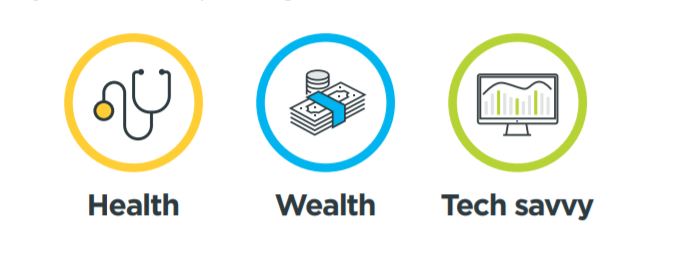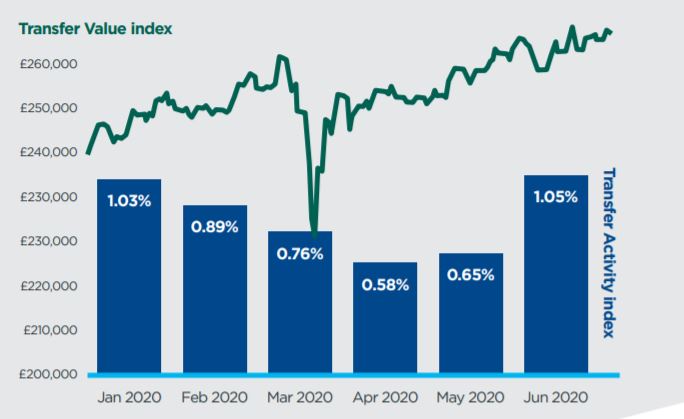Actions for employers as transfer activity takes off again
Actions for employers as transfer activity takes off again
30 Jul 2020
At a glance
With the onset of COVID-19 we saw a sharp reduction in members leaving defined benefit pension schemes.
This trend has now reversed and is likely to continue to since many people are facing increased financial challenges and health concerns.
For these members, accessing a pension pot may seem an attractive solution, but this makes them vulnerable to scams.
Some employers have come to rely on members taking up options like transfers to reduce pension cost and risk, and the pick-up in transfer activity we are now experiencing could help this.
However, this is only good news if the risk of members being scammed is mitigated.
It is now possible to identify if pension scheme members are vulnerable to scams, and use this to manage the risk when members leave.
Identifying vulnerable members
Large scale public data can help us identify how vulnerable your membership is using measures of:

Your members may be more vulnerable to scams than you think.
Transfer values and activity have increased
Transfer values have reached record highs in recent months, and activity has increased markedly following a slump in the immediate wake of the COVID-19 crisis.

Source: XPS Transfer Watch, July 2020
Note: Our Transfer Activity Index measures the percentage of eligible members who choose to transfer out of DB schemes that we administer. At the end of June 2020 this was 105 in every 10,000 members (1.05%).
Actions employers can take
- Analyse your pension scheme members to see if they are vulnerable to pension scams.
- Tailor the channel and content of your communications to best reach and inform members on transfers and scams.
- Put in place dedicated one-to-one anti-scam protection.
- Provide members access to a reputable independent financial adviser.
- Put in a place a low-cost, safe receiving vehicle for transfers.
Accounting update
Companies reporting at 30 June 2020 are likely to have increased liabilities on their balance sheets due to a significant fall in corporate bond yields over the year, although the impact will be offset slightly by a fall in inflation expectations.
Resulting balance sheet positions will then depend heavily on investment strategy, with schemes that have greater UK equity and property exposure likely faring significantly worse than others.

Where do your accounting assumptions sit?
Although accounting standards are generally consistent, we found wide ranges in the assumptions adopted by different companies at the same date. We have recently published our 2020 accounting survey based on companies reporting at 31 December 2019. We have rolled forward the ranges using market movements to estimate the equivalent minimum, maximum and average assumptions that would have been seen at 30 June 2020. Where do your accounting assumption sit in this range? If your accounting date is different from 30 June 2020, or if you would like to take a look at this in more detail, please get in touch with us to find out the relevant ranges for your scheme.

For further information, please get in touch with Vicky Mullins, or speak to your usual XPS Pensions contact.



